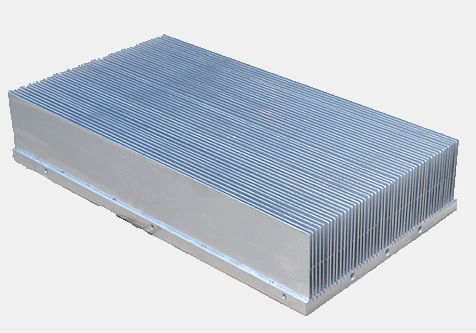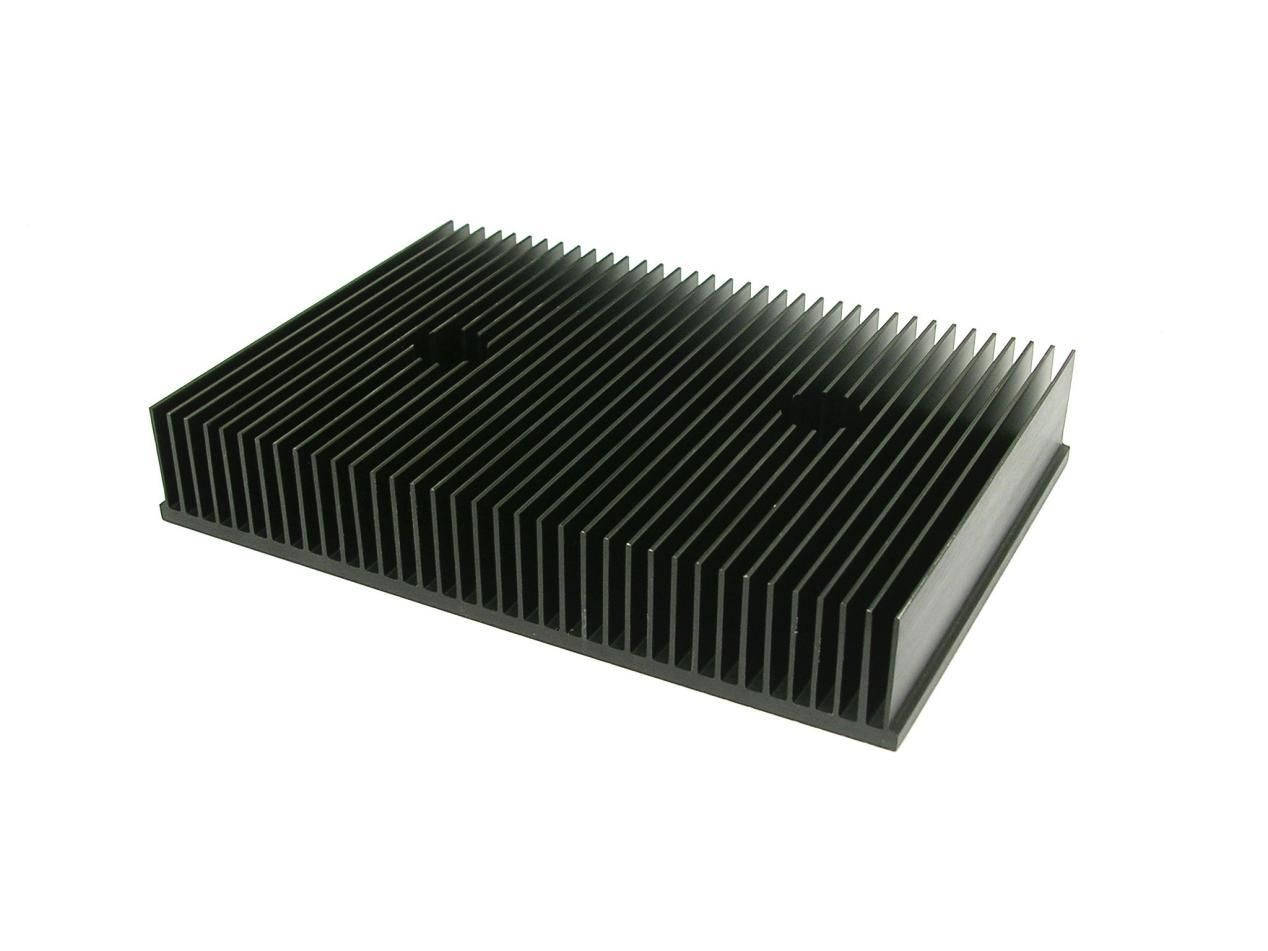Electric Vehicle Radiator: A Key Component for Efficient Performance
As electric vehicles become more popular, the need for efficient cooling systems continues to grow. An important component of an effective EV cooling system is the radiator. A heat sink is a device that absorbs and dissipates heat from electronic components to prevent them from overheating. In this article, we’ll explore the importance of radiators in electric vehicles and their critical role in ensuring optimum performance.
The role of radiators in electric vehicles
Electric vehicles use high-performance batteries and power electronics to provide their exceptional performance. However, these components generate a lot of heat, which can cause damage and shorten lifespan if not managed properly. This is where heat sinks come in – controlling the temperature of electronic components by absorbing heat and releasing it into the surrounding environment.
Electric vehicle radiators come in all shapes and sizes, depending on the specific components they need to cool. Typically, they consist of a metal base with fins that increase the surface area exposed to the air. The larger the surface area, the more efficiently the heat sink can dissipate heat away from the components.
The Importance of Efficient Cooling for Electric Vehicles
Efficient cooling is critical to the performance, longevity and safety of electric vehicles. Batteries and power electronics used in EVs are designed to operate within a specific temperature range. If the temperature exceeds the recommended level, it may cause damage, reduce efficiency, and even cause safety problems such as fire. In addition, high temperatures can affect charging rates and speeds, thereby affecting the convenience of owning an electric vehicle.
An effective cooling system with a suitable heat sink will help keep the temperature of key components within the recommended range. This in turn ensures optimal performance, longer battery life and a safer driving experience.
Types of Electric Vehicle Radiators
Various types of radiators are used in electric vehicles, depending on the specific components involved. Here are some of the most commonly used radiators in electric vehicles:
1. Battery Heat Sink – This type of heat sink is used in the battery pack and helps keep the temperature within the recommended range. A battery heat sink is typically attached to the battery case using a thermal interface material, which ensures efficient heat transfer from the battery to the heat sink.
2. Power Module Heat Sink – Power electronics such as inverters, DC-DC converters, and on-board chargers generate a lot of heat. Heat sinks are commonly used to absorb heat from electronic devices and dissipate it for efficient performance.
3. Motor Heat Sink – Electric motors used in electric vehicles also generate heat, which reduces their efficiency and lifespan. Radiators used for motor cooling typically use liquid cooling systems to ensure efficient performance.
The benefits of using radiators in electric vehicles
Investing in an effective cooling system with the right radiator will not only ensure optimum vehicle performance and longevity, but also has several other benefits, including:
1. Extended battery life – By keeping the temperature of the battery pack within the recommended range, you can extend the life of the battery and reduce the need for frequent battery replacement.
2. Improved Efficiency – Efficient cooling using a heat sink reduces electrical resistance within vehicle electronics, improving performance and range.
3. Safer driving experience – By keeping the temperature of critical components within the recommended range, the risk of safety issues such as battery fires can be significantly reduced.
in conclusion
Radiators are an essential part of a safe and efficient electric vehicle cooling system. They play a vital role in absorbing and dissipating heat from electronic components, ensuring optimum performance and longevity. By investing in an effective cooling system with the right radiator, EV owners can reap several benefits, including extended battery life, improved efficiency, and enhanced safety. Ultimately, as electric vehicles continue to be the future of transportation, radiators are a key element in the continued growth and development of electric vehicles.
Post time: Mar-18-2023


